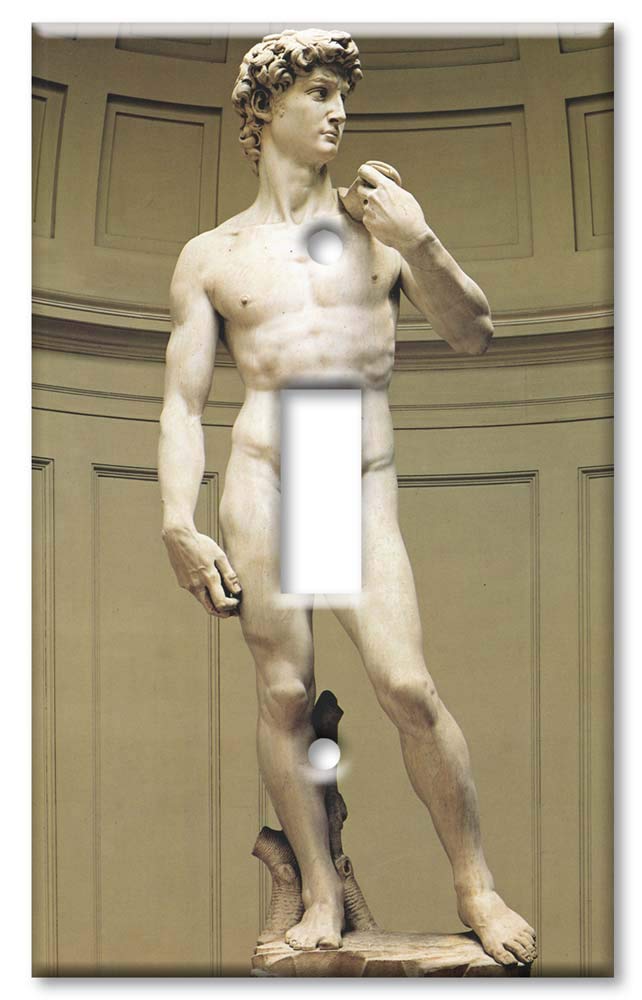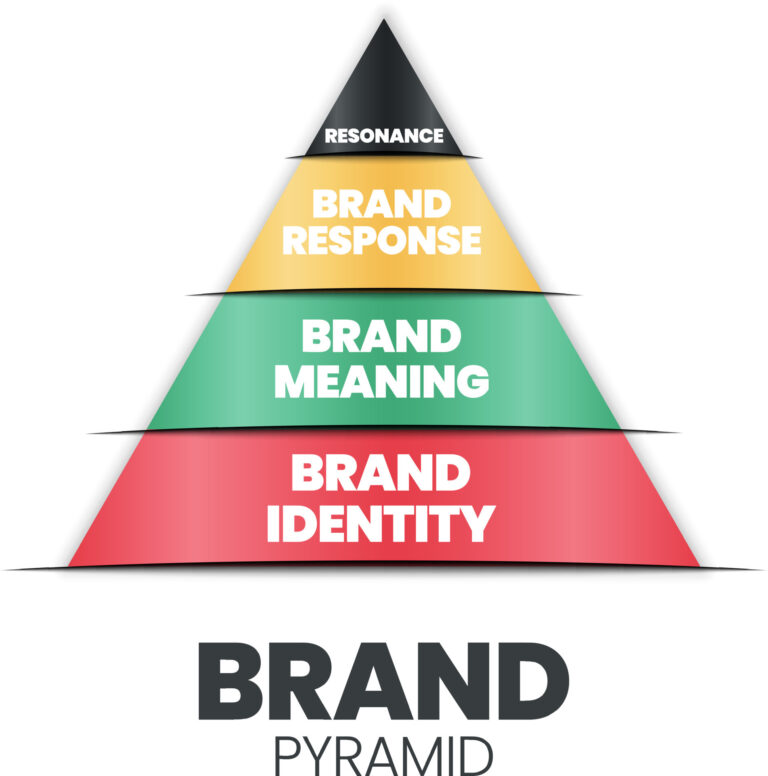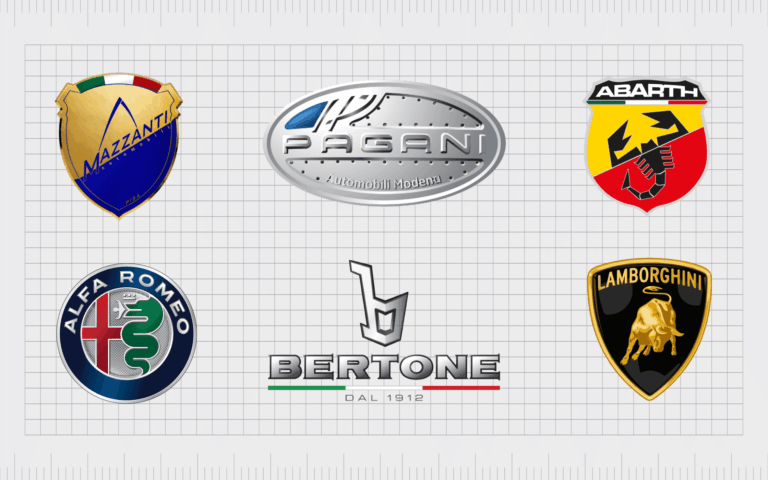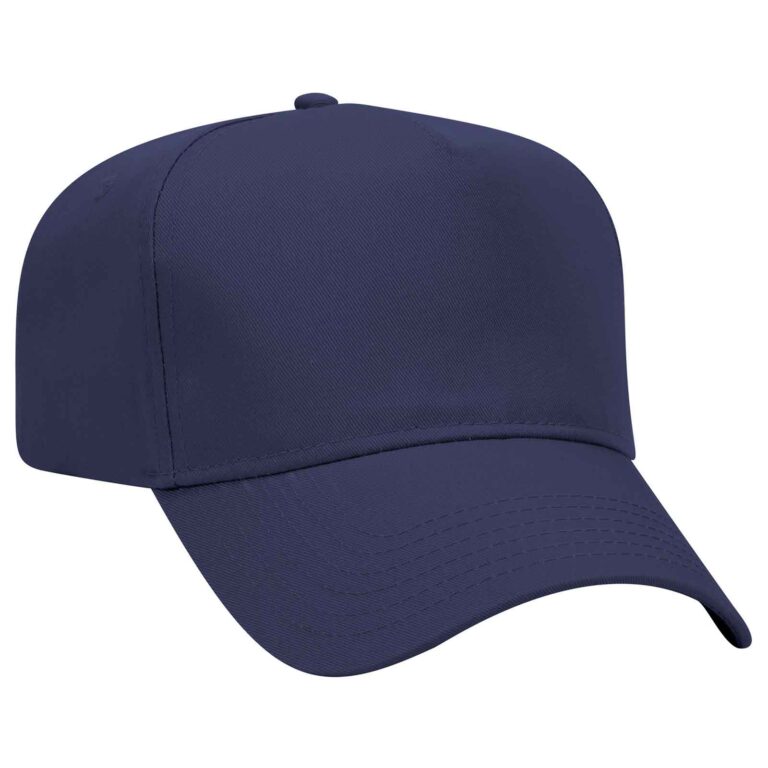What’s The Best Car Battery Brand? Navigating Your Power Source Choices
What’s The Best Car Battery Brand? Navigating Your Power Source Choices cars.truckstrend.com
The silent hero of your vehicle, the car battery, is often taken for granted until it fails, leaving you stranded. It’s the essential component that provides the jolt needed to start your engine and powers your vehicle’s electrical systems when the engine is off. With so many brands vying for your attention, each promising superior performance and longevity, the question "What’s the best car battery brand?" is incredibly common, yet surprisingly complex. The truth is, there isn’t a single, universally "best" brand for everyone. Instead, the optimal choice depends on a confluence of factors unique to your vehicle, driving habits, climate, and budget. This comprehensive guide will dissect the elements that define a "good" battery and help you navigate the myriad of options to find the perfect power source for your ride.
Understanding Car Batteries: More Than Just a Box
What’s The Best Car Battery Brand? Navigating Your Power Source Choices
Before we dive into specific brands, it’s crucial to understand the key metrics and types of car batteries. Knowing these terms will empower you to make an informed decision, regardless of the brand name on the label.
- CCA (Cold Cranking Amps): This is perhaps the most critical rating. CCA indicates the number of amps a 12-volt battery can deliver at 0°F (-18°C) for 30 seconds while maintaining at least 7.2 volts. Higher CCA is crucial for starting engines in cold climates, as cold temperatures increase the resistance in the engine and thicken the oil, requiring more power to turn the engine over.
- Reserve Capacity (RC): RC measures how long (in minutes) a fully charged battery can deliver 25 amps at 80°F (27°C) before its voltage drops below 10.5 volts. It essentially tells you how long your vehicle can run on battery power alone if your alternator fails. A higher RC is beneficial for vehicles with many electronic accessories or those that experience frequent short trips.
- Battery Type:
- Standard Flooded Lead-Acid Batteries: These are the most common and economical. They contain liquid electrolyte that covers lead plates. While reliable, they can sometimes require maintenance (checking water levels) and are susceptible to vibration damage and acid leaks.
- AGM (Absorbent Glass Mat) Batteries: In AGM batteries, the electrolyte is absorbed into fiberglass mats, making them spill-proof and virtually maintenance-free. They offer superior vibration resistance, faster charging, and a longer lifespan, making them ideal for vehicles with start-stop technology, advanced electronics, or those in extreme climates. They also excel in deep-cycle applications.
- EFB (Enhanced Flooded Battery): A step up from standard flooded batteries, EFBs are designed for vehicles with basic start-stop systems. They offer improved cycle life and charge acceptance compared to traditional batteries but are not as robust as AGMs.
- Lithium-Ion Batteries: While still niche for mainstream starter batteries due to high cost, lithium-ion offers significant weight savings, very high CCA, and an extremely long cycle life. Primarily found in high-performance or luxury vehicles.

Top Contenders: Brands That Stand Out
While "best" is subjective, several brands consistently receive high marks for quality, reliability, and innovation. Here’s a look at some of the most reputable names in the car battery market:
- Optima Batteries: Renowned for their distinctive Spiralcell Technology, Optima batteries (RedTop for starting, YellowTop for deep-cycle/starting, BlueTop for marine/RV) are celebrated for their exceptional vibration resistance, spill-proof design, and impressive cranking power. They are often the go-to for performance vehicles, off-roaders, and vehicles with high accessory loads, though they come at a premium price.
- Interstate Batteries: A household name in the automotive world, Interstate batteries are widely available and known for their consistent quality and reliability. They offer a broad range of batteries for various applications, from standard flooded to AGM, making them a popular choice for everyday drivers seeking dependable performance.
- ACDelco: As the original equipment (OE) manufacturer for many General Motors vehicles, ACDelco batteries are designed to meet stringent specifications. They offer a reliable and cost-effective solution for a wide range of vehicles, known for their consistent performance and solid warranty.
- DieHard (Advance Auto Parts/Sears): With a long-standing reputation for durability and performance, DieHard batteries have been a trusted name for decades. Now primarily sold through Advance Auto Parts, their Gold and Platinum lines offer excellent CCA and RC ratings, often backed by robust warranties.
- EverStart (Walmart): While a budget-friendly option, EverStart batteries, manufactured by companies like Johnson Controls or Exide, offer surprisingly good performance for their price point. They are a popular choice for those seeking a reliable battery without breaking the bank, particularly for older vehicles or standard applications.
- Bosch: A global leader in automotive technology, Bosch batteries bring German engineering prowess to the market. Known for their quality and advanced features, Bosch batteries are a strong choice, particularly for European vehicles, offering high performance and reliability.
- Exide: With a history stretching back over a century, Exide is one of the oldest and largest battery manufacturers globally. They produce a vast array of battery types for various applications, known for their innovation and reliable products across different price points.
Factors to Consider When Choosing Your Car Battery
Beyond brand recognition, several critical factors should guide your purchase:
- Vehicle Compatibility (OEM Specifications): Always consult your vehicle’s owner’s manual or an automotive parts database for the exact battery size (Group Size), CCA, and RC requirements. Using a battery that doesn’t meet these specifications can lead to performance issues or a shorter lifespan.
- Climate: If you live in a cold climate, prioritize a battery with a high CCA rating to ensure reliable starting power during winter months. In hot climates, look for batteries designed to withstand heat, as excessive heat can accelerate battery degradation.
- Driving Habits: If you primarily make short trips, your alternator may not have enough time to fully recharge the battery, leading to premature wear. Consider an AGM battery, which handles partial states of charge better. If you have many power-hungry accessories (e.g., aftermarket sound system, dash cam), an AGM with higher RC is beneficial.
- Battery Type: As discussed, standard flooded batteries are cost-effective, while AGMs offer superior performance, longevity, and maintenance-free operation for a higher price. EFB bridges the gap for basic start-stop systems.
- Warranty: A good warranty indicates a manufacturer’s confidence in their product. Look for batteries with at least a 2-3 year full replacement warranty, with longer pro-rata warranties being a bonus.
- Price vs. Performance: While it’s tempting to opt for the cheapest option, remember that a battery’s performance and lifespan often correlate with its price. Investing a little more upfront can save you headaches and replacement costs down the line.
- Availability and Recycling: Consider where you can easily purchase and, more importantly, recycle your old battery. Many retailers offer core charge refunds when you return your old battery.
Tips for Extending Battery Life
Even the "best" battery needs proper care to maximize its lifespan:
- Regular Testing: Have your battery tested annually, especially before winter. Most auto parts stores offer this service for free.
- Keep Terminals Clean: Corroded terminals can impede current flow. Clean them with a wire brush and a battery terminal cleaner.
- Ensure Proper Charging: If your vehicle isn’t driven often, consider using a trickle charger or battery maintainer to keep it topped off.
- Avoid Extreme Temperatures: Park your car in a garage during extreme heat or cold whenever possible.
- Drive Regularly: Short trips don’t allow the alternator to fully recharge the battery. Take longer drives periodically to ensure a full charge.
- Check Alternator and Electrical System: A failing alternator or parasitic drain can quickly kill a new battery. Address any electrical issues promptly.
Challenges and Solutions
Choosing a battery can feel overwhelming due to the sheer number of options.
- Overwhelming Choices: Focus on your vehicle’s OEM specifications first, then narrow down by battery type (flooded vs. AGM) based on your needs and budget.
- Counterfeit Batteries: Purchase from reputable retailers or certified automotive service centers to avoid low-quality or fake products.
- Proper Installation/Safety: If you’re not comfortable installing a battery yourself, seek professional help. Batteries contain corrosive acid and can deliver a powerful electrical shock. Always disconnect the negative terminal first and reconnect it last.
Practical Advice and Actionable Insights
Instead of chasing a single "best" brand, focus on finding the right battery for your specific situation.
- Know Your Car’s Needs: Check your owner’s manual for the recommended Group Size, CCA, and RC. This is non-negotiable.
- Assess Your Driving & Climate: Do you live in extreme cold? Do you take short trips? Do you have lots of electronics? These factors point towards AGM for better performance and longevity.
- Set a Budget: Determine how much you’re willing to spend. Remember the price vs. performance trade-off.
- Prioritize Warranty: A good warranty offers peace of mind.
- Read Reviews (with a grain of salt): Look for consistent positive feedback on specific models rather than just brand names.
Table Price: Estimated Car Battery Brands and Prices
Please note that battery prices can vary significantly based on vehicle make/model, battery group size, CCA rating, specific features, retailer, and geographical location. The table below provides estimated price ranges for common battery types from popular brands and should be used as a general guide only. Always confirm current prices with your chosen retailer.
| Brand Name | Common Battery Type(s) | Estimated CCA Range (Amps) | Estimated Price Range (USD) | Key Feature/Note |
|---|---|---|---|---|
| Optima | AGM (RedTop, YellowTop) | 720-800+ | $200 – $350+ | High performance, vibration resistant, deep cycle capable |
| Interstate | Flooded, AGM | 500-850+ | $120 – $280+ | Widespread availability, reliable, good all-rounder |
| ACDelco | Flooded, AGM | 500-800+ | $110 – $250+ | OEM quality for GM vehicles, consistent performance |
| DieHard | Flooded, AGM | 600-850+ | $130 – $300+ | Strong warranty, various performance tiers (Gold, Platinum) |
| EverStart | Flooded, AGM | 500-800+ | $90 – $200+ | Value-oriented, good basic performance for the price |
| Bosch | Flooded, AGM | 600-900+ | $150 – $300+ | German engineering, good for imports, robust |
| Exide | Flooded, AGM, EFB | 550-850+ | $100 – $250+ | Long history, wide range of applications, reliable |
Disclaimer: Prices are estimates and subject to change based on retailer, promotions, and specific battery specifications (e.g., Group Size, CCA). Always check current pricing.
Frequently Asked Questions (FAQ)
Q1: How long do car batteries typically last?
A1: On average, a car battery lasts between 3 to 5 years. However, this can vary greatly depending on climate (extreme heat or cold reduces lifespan), driving habits (short trips are harder on batteries), and maintenance.
Q2: What is CCA, and why is it important?
A2: CCA stands for Cold Cranking Amps. It measures the battery’s ability to start your engine in cold temperatures. A higher CCA rating is crucial if you live in a cold climate, as engines require more power to turn over when the oil is thick and temperatures are low.
Q3: Should I buy an AGM battery for my car?
A3: AGM batteries offer several advantages over traditional flooded batteries, including better vibration resistance, faster charging, longer lifespan, and maintenance-free operation. They are especially recommended for vehicles with start-stop technology, extensive electronics, or those in extreme climates. While more expensive upfront, their benefits often outweigh the cost for suitable applications.
Q4: How do I know if my car battery is dying?
A4: Common signs include slow engine cranking, dimming headlights when the engine is off, the "check engine" or "battery" warning light illuminating, or needing frequent jump-starts. You can also have it tested for free at most auto parts stores.
Q5: Can I replace my car battery myself?
A5: Yes, if you have basic tools and follow safety precautions. Always disconnect the negative terminal first and reconnect it last. Be careful not to short-circuit the battery and wear protective gear. If you’re unsure, it’s always safer to have a professional do it. Modern vehicles with complex electronics may also require battery registration with the vehicle’s computer after replacement.
Concluding Summary
Ultimately, the quest for "the best car battery brand" is less about finding a single, universally superior manufacturer and more about identifying the right battery for your unique needs. By understanding key metrics like CCA and Reserve Capacity, knowing the differences between battery types (flooded, AGM, EFB), and considering factors such as your vehicle’s requirements, climate, and driving habits, you can make an informed decision. Reputable brands like Optima, Interstate, ACDelco, DieHard, Bosch, Exide, and even EverStart offer quality products across various price points. Prioritize proper compatibility, a strong warranty, and diligent maintenance, and you’ll ensure reliable starts and power for your vehicle for years to come. Your car battery may be out of sight, but it should never be out of mind.





